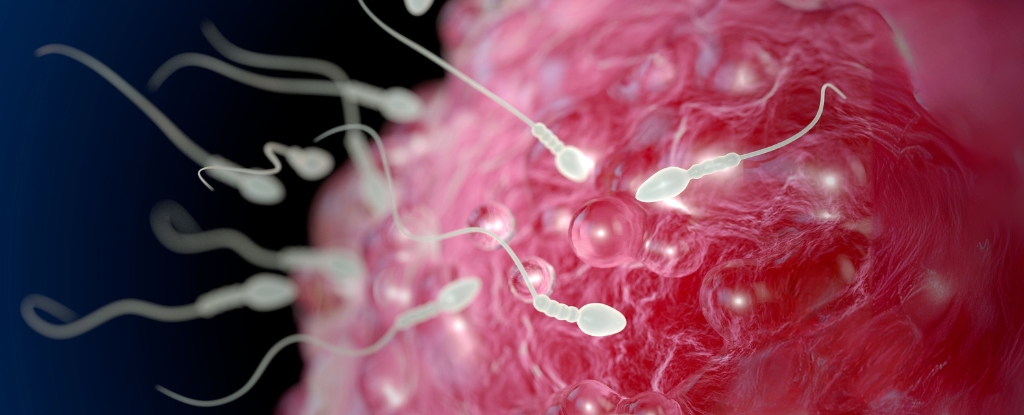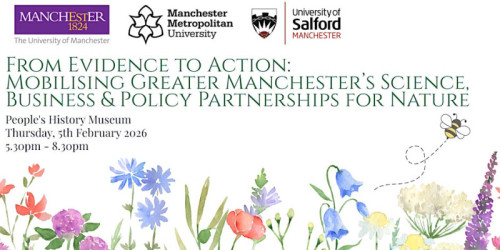
A recent study conducted by researchers at the University of Toronto indicates that high levels of cannabis consumption may adversely impact the chances of successful conception through in vitro fertilization (IVF). The research examined 1,059 samples of follicular fluid from patients undergoing IVF treatments. The team, led by embryologist Cyntia Duval, discovered that 62 samples tested positive for tetrahydrocannabinol (THC), the principal psychoactive compound in cannabis.
The findings revealed a concerning trend: immature egg cells, or oocytes, in fluids with elevated THC levels were more likely to exhibit chromosomal abnormalities. In addition, these oocytes matured at a faster rate compared to those from fluids devoid of THC. These results suggest that cannabis use may negatively affect reproductive outcomes by compromising the quality of eggs.
Researchers caution that while their findings are significant, the small sample size limits the ability to control for other fertility-related factors, such as the patient’s age. Age is currently recognized as the most substantial risk factor for reduced egg quality. As noted by Alex Polyakov, an obstetrician and gynecologist from the University of Melbourne, “This research suggests that cannabis use may compromise reproductive outcomes — not by preventing fertilization, but by reducing the likelihood of producing chromosomally normal embryos.”
Implications for Fertility Treatments
The study further involved testing eggs from 24 consenting patients, reinforcing previous findings. Unfertilized eggs subjected to THC concentrations above the average exhibited nearly 10 percent more chromosomal errors and matured at accelerated rates. The implications of these results are significant, as embryo euploidy, or the presence of the correct number of chromosomes, is crucial for successful implantation and a healthy pregnancy.
While preliminary research has established links between cannabis use and infertility, further investigation is necessary. Animal studies have indicated that THC exposure adversely affects embryo development, and human studies have also noted moderate correlations between regular cannabis use and fertility challenges.
Safe Practices for Prospective Parents
As the use of medical and recreational cannabis continues to rise globally, it is vital for prospective parents to consider the potential health implications. Kimberly Ryan, an obstetrician at Oregon Health & Science University, emphasized in a 2021 study that “no amount of marijuana use during conception or pregnancy is known to be well tolerated.” The existing evidence suggests that abstaining from cannabis during the conception phase is the safest approach.
Additionally, previous research has linked cannabis use to sperm quality issues, leading health experts to recommend that individuals trying to conceive, as well as those who are pregnant or breastfeeding, avoid cannabis entirely. The overarching message from the research community is clear: while cannabis may provide relief for certain health conditions, its potential negative impact on reproductive health warrants caution.
This new research was published in Nature Communications, contributing to the growing body of evidence that underscores the need for careful consideration of cannabis use among those planning to conceive.






